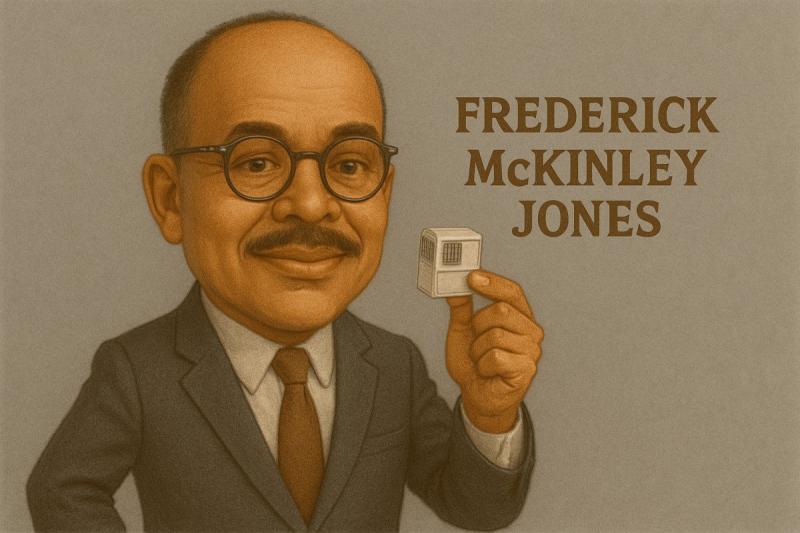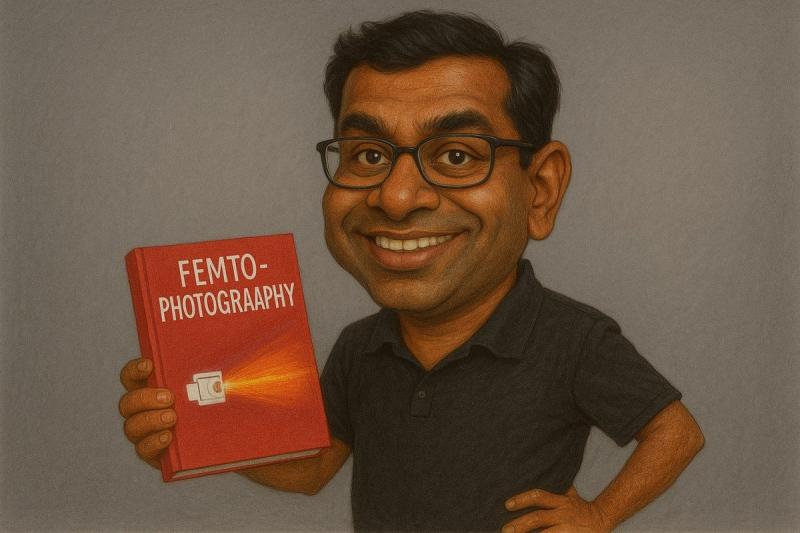Tycho Brahe: The Astronomer Who Lost His Nose in a Math Duel (And Rocked a Metal Replacement)
Ever wondered what scientists did for drama before Twitter feuds? Let me introduce you to Tycho Brahe, the 16th-century Danish astronomer who took scientific disagreements to a whole new level. This guy literally lost his nose in a sword duel over a mathematical formula and then spent the rest of his life sporting a metal prosthetic. Talk about commitment to academic discourse!
The Man Behind the Metal Nose
Tycho Brahe wasn't your average Renaissance scientist. Born into Danish nobility in 1546, he was destined for a life of government service and aristocratic boredom. But Tycho had other ideas. After witnessing a partial solar eclipse as a teenager, he became obsessed with astronomy and making precise celestial observations.
What made Tycho truly stand out (besides his eventual metal nose) was his incredible dedication to accuracy. This was a time before telescopes, folks! He built massive instruments by hand to track the positions of stars and planets with unprecedented precision. His observations of the supernova of 1572 and a comet in 1577 challenged the prevailing Aristotelian belief that the heavens were unchangeable and perfect.
The Infamous Duel: When Math Gets Personal
Now for the juicy part you've been waiting for! In December 1566, Tycho (then just 20 years old) attended a Christmas party at Professor Lucas Bachmeister's house in Rostock, Germany. There he got into a heated argument with another Danish nobleman named Manderup Parsberg.
What were they fighting about? A mathematical formula! Seriously. Some accounts suggest it was specifically about their conflicting solutions to a mathematical problem, while others indicate it might have been about who was the better mathematician. Either way, these two nerds took their disagreement so seriously that they decided to settle it with swords rather than, I don't know, more math?
The duel took place on December 29, 1566, in total darkness (because apparently math duels weren't dramatic enough). In the confusion and poor visibility, Parsberg managed to slice off a chunk of Tycho's nose.
Imagine explaining that one to your mom. "Sorry I'm late for dinner—I just lost my nose defending the honor of my quadratic equations." :)
The Metal Nose Revolution
Having most of your nose sliced off in the 16th century was no minor inconvenience. Without modern plastic surgery, Tycho had to get creative. He commissioned a prosthetic nose made of brass, which some accounts suggest was later upgraded to silver or even gold.
The nose was reportedly held in place with some sort of paste or glue, and Tycho carried this adhesive with him wherever he went. Talk about an awkward pocket check—keys, wallet, nose glue.
Some contemporary accounts mention that the metal nose was so well-crafted that it was hard to tell it wasn't real, though I personally find that hard to believe. I mean, come on—it was a hunk of metal strapped to his face! But Tycho clearly rocked it with confidence, continuing his scientific work and even becoming Imperial Mathematician to the Holy Roman Emperor Rudolf II.
Recent examinations of Tycho's exhumed remains in 2010 actually found green traces around his nasal cavity, suggesting his prosthetic contained copper, which would turn green through oxidation. So it seems the "brass nose" account might be the most accurate.
Beyond the Nose: Tycho's Scientific Legacy
While his unusual facial feature makes for a great story, Tycho's contributions to astronomy were genuinely revolutionary. His meticulous observations laid the groundwork for Johannes Kepler's laws of planetary motion and, ultimately, Newton's theory of universal gravitation.
Tycho created his own model of the universe—a compromise between the Copernican heliocentric model and the traditional Ptolemaic system—where the sun orbited Earth, but all other planets orbited the sun. It wasn't correct, but it was an important stepping stone in astronomical thought.
He also built Uraniborg, an honest-to-goodness research institute on the island of Hven (given to him by the Danish king Frederick II). This was essentially the first modern astronomical observatory in Europe, complete with instruments, a library, and even a printing press. The man was basically running a 16th-century NASA facility!
Tycho's Eccentric Life Beyond Science
Tycho wasn't just unusual for his metal nose and astronomical obsessions. The guy was eccentric through and through:
- He kept a pet elk (or moose) that reportedly died after drinking too much beer and falling down the stairs at a party. (Seriously, Tycho's parties sound wild!)
- He employed a dwarf named Jepp as a court jester who he believed had psychic abilities
- He lived with a woman named Kirsten without marrying her (scandalous for the time) and had eight children with her
- He maintained an ongoing feud with his fellow Danish aristocrats who thought astronomy was beneath his noble status
The Bizarre Death of the Man with the Metal Nose
Even Tycho's death was strange and controversial. During a banquet in Prague in 1601, he reportedly refused to leave the table to use the bathroom because it would violate etiquette (priorities, am I right?). This allegedly caused his bladder to rupture, leading to his death eleven days later.
However, in 2010, tests on hair samples from his exhumed body showed elevated mercury levels, leading some to speculate he might have been poisoned. The more likely explanation is that he was self-medicating with mercury-containing remedies common at the time.
What Can We Learn From Tycho?
Tycho Brahe's story is a powerful reminder that scientific progress has always been messy, human, and occasionally ridiculous. Behind every great discovery are real people with all their flaws, passions, and sometimes literal battle scars.
The next time you get into a heated debate about data analysis or mathematical formulas, maybe just agree to disagree? Your nose will thank you. And if you're ever feeling self-conscious about anything, remember that Tycho Brahe rocked a metal nose while revolutionizing our understanding of the cosmos.
In a world of perfectly polished Instagram scientists, be a Tycho—passionate, weird, and willing to lose a body part for what you believe in. Well, maybe not that last part. But you get what I mean.



